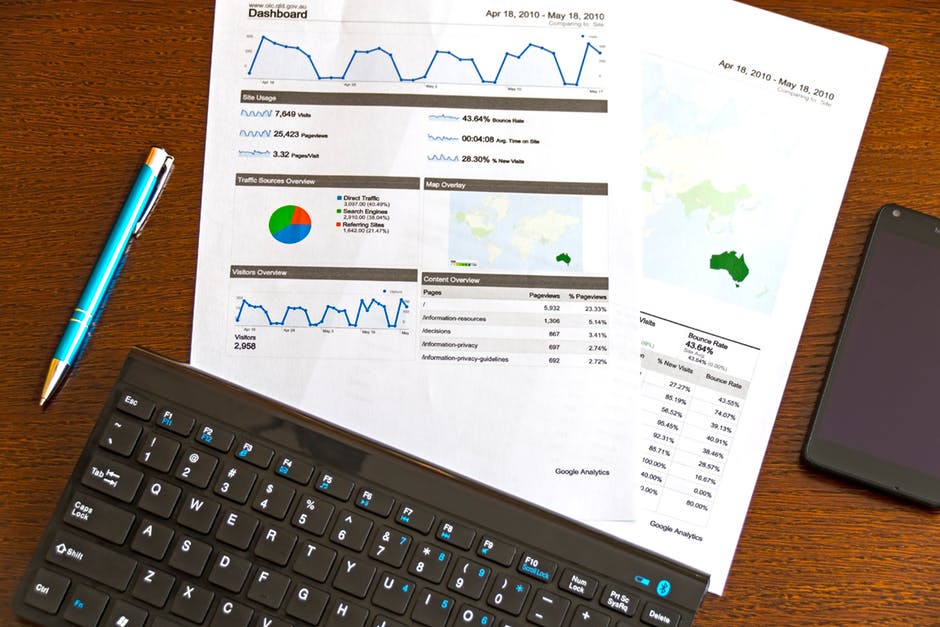How to claim income tax refund on Lump-sum Withdrawal Payment for foreigners
Persons who do not have Japanese Nationality, when they lose their qualification as an insured person in the National Pension or Employee’s Pension and depart from Japan, can claim a Lump-sum Withdrawal Payment (Social Insurance) within two years from the date they no longer have an address in Japan.
The procedure to claim Lump-sum Withdrawal Payment is not complicated and you can apply yourself if you can prepare the following documents.
Document to be submitted
・Lump-sum Withdrawal Payment Claim Form
・Copy of your passport pages (verifying your name, date of birth, nationality, signature, and status of residence)
・Copy of your passport page (verifying your departure date from Japan)※
・Bank account information for the transfer of the Lump-sum Withdrawal payment
・National Pension Handbook and other documents verifying your Basic Pension Number
※If you submit your claim before your departure, please prepare 1) copy of resident card with registration of Moving-out Notification and the planned deletion date or 2) resident’s card exemption.
Income tax on Lump-sum Withdrawal Payment
For Lump-sum Withdrawal Payment for the National Pension, the income tax is not withheld at source.
However, for the Employees’ Pension, income tax at the rate of 20.42% is withheld at the time of payment. In other words, you will receive only about 80% of the amount of the Lump-Sum Payment.
In order to claim this withholding tax refund, you need to submit the “Tax Return for Refund Due to Taxation on Retirement Income at the Taxpayer’s Option” to the tax office.
By doing so, you will get a tax refund.
As soon as the Lump-sum Withdrawal Payment is remitted, the “Notice of Lump-sum Withdrawal Payment Determination” is sent to your home country.
Please send the original “Notice” to your Tax Agent. If your Tax Agent is a tax accountant, you can ask him or her to file your tax return and claim your refund immediately.

What is a Blue tax return system for income tax purposes in Japan?
Blue tax return system in Japan is intended to improve accounting practices of taxpayers and encourage honest self-assessment. Those who maintain proper accounts as required under the blue tax return system are given certain privileges for tax purposes. Basically, there are two types of income tax returns which taxpayers can choose from: White Form or Blue Form. Blue tax return is usually preferable because it offers some extra tax benefits, including special deductions.
Blue tax return system for individuals
When sole traders start a business in Japan, they can take advantage of income deduction by filing an application form for approval of filing blue return. White filing is the default, so if you do nothing you are automatically considered as a White-form filer. The tax authority requires the following for the blue return taxpayer:
1. Filing the application form by March 15.
2. Filing the application form within 2 months of business commencement if taxpayers start a business after January 16 of the year.
3. Taxpayers are required to keep correct accounting records and journals.
4. The blue tax return must be filed together with the balance sheet, income statement, and other documents indicating the items necessary for calculating the income amount.
What is the tax merits for blue tax return filing status?
Once a taxpayer obtains approval, he or she is entitled to file a blue return for all subsequent years. If the taxpayers meet the above requirements, the blue tax return system provides the following benefits:
1. A deduction of up to JPY650,000 is available if the taxpayers keep double-entry accounting records, and attach the income statement and the balance sheet on the return.
2. A deduction of up to JPY100,000 is available if the taxpayers keep single-entry records for their business.
3. A net loss for a year can be carried forward to the next 3 years.
4. A net loss for a year can be carried back to the preceding year.
5. The taxpayer is allowed to treat the payment of wages as deductible expenses when it is paid to relatives living in the same household (family employees).
Please note that JPY100,000 is deducted from the taxable income for property owners. If they operate more than 5 houses or a building with more than 10 rooms, JPY650,000 is deducted. If you plan to apply for JPY100,000 deduction, you need to prepare a spreadsheet which includes the detailed amount of revenue, expenses and cash balance. Using accounting software is recommended when you apply for JPY650,000 deduction.
Blue tax return system for corporations
If the company has blue-form tax return filing status, tax losses can be carried forward and utilized against taxable income for the following periods:
①9 succeeding years – tax losses incurred in fiscal years ending on or after April 1, 2008 and beginning before April 1, 2018
②10 succeeding years – tax losses incurred in fiscal years ending on or after April 1, 2018
Submission of an application should be done by whichever is earlier, either 3 months from the establishment of the company or the end of the first fiscal year. Generally, corporations file the application for blue tax return filing status together with a notification of commencement of business establishment to the tax office.

VAT on real estate transactions in Japan
Japanese consumption tax is sales based tax applied on supplies on certain goods and services within Japan, and it is similar to VAT/GST in AUS. The sale or lease of an asset located in Japan is a taxable transaction, however there are some transactions which are specifically excluded from being taxable, such as the sale or lease of land. The current consumption tax rate is 8%, and this will increase to 10% on 1 October 2019.
If you have an investment property in Japan, or use a property in running a business, there might be implications for income tax (including capital gains tax), consumption tax, and other related taxes. Japanese taxation can be difficult to handle especially for foreigners. Click here for more information about Japanese real estate taxation. The following will further explain Japanese consumption tax on real estate in Japan.
Buying a property in Japan
There is an increasing number of foreigners purchasing real estate here in Hakuba, Japan, ever since Hakuba became well-known for one of the greatest ski resorts in Asia. In the past, the most common investments are from Australia, but nowadays investments coming from Asia, such as China, Taiwan, Singapore are rapidly increasing.
The sale of land is excluded from being taxable for consumption tax purposes, however, when you buy a house or flat, or when build, it is subject to consumption tax.
For example:
Price of a house:JPY40,000,00
Consumption tax :JPY3,200,000 (JPY40,000,000×8%)
Commission to an agent:JPY1,200,000
Consumption tax: JPY96,000(JPY1,200,000×8%)
Rent out a property in Japan
Some of foreign investors acquire a property for investment purposes, and such non-resident owners consider leasing their properties. Also, non-Japanese living in Japan look for ski resorts as investment opportunities, or purchase properties as their second home. Such Japanese resident owners may consider leasing their properties during their absence as well.
When you rent out a property, the following transactions are non-taxable for cumsumption tax purposes:
-Leases of land
-Rental of housing (residential purpose)
If you rent out a property for residential purposes, you should not receive consumption tax from lessee. If you receive rental income from a rental cottage, flat, hotel, office tenant etc., it is subject to consumption tax.
In principle, consumption taxpayer status is determined depending on the amount of domestic taxable sales in the past. If your domestic taxable sales is over JPY10M a year, you are required to file a consumption tax return to the tax office. The amount of consumption tax payable is calculated based on the net of (i) consumption tax received on domestic taxable sales minus (ii) consumption tax suffered on domestic taxable purchase. There is a possibility that you will receive a consumption tax refund if the purchase price is high.
The taxable period is the respective fiscal year for a corporate taxable person, and the calendar year for an individual taxable person. If you need more information regarding your tax obligation in Japan, please feel free to contact us. If you need our tax advice before asking tax preparation services, we would be glad to offer an e-mail consultation.